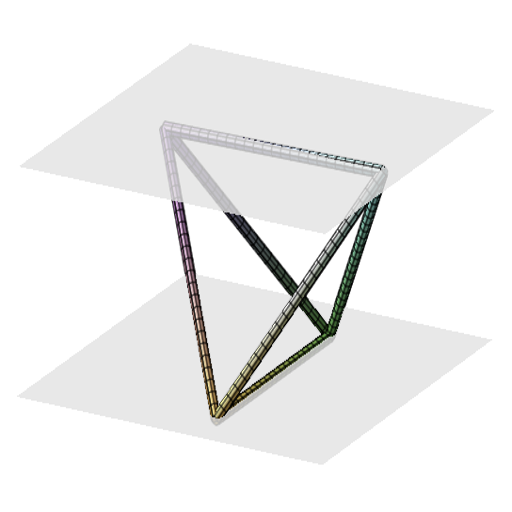So I did an interview for the “Tilting at the Universe” podcast. In it, I describe: the history of dark energy and the expanding universe, how the mystery of dark energy may be solved once we reconcile quantum mechanics and general relativity, how the astrophysics of black holes and neutron stars may help us understand quantum gravity, and how my field of numerical relativity fits in to all of this. I think I did a pretty good job of explaining what excites me about the field. So check it out. The interview is here. In the interview, I mention
computer
Computer Related / Electronics / logic / etc.
Non-Digital Computers
Non-Digital Computers This is the last installment of my many-part series on computers. Last time we used the notion of a Turing machine to define what a computer is. We discovered something surprising: that not all computers need to be digital, or even electronic! A computer can be mechanical, made of dominoes, or even just a rules system in a card game. To give you of a flavor of how inclusive the definition of a computer really is, I’ll now give you a whirlwind tour of some notable examples of non-digital computers. The Antikythera Mechanism In April of 1900,
Computer Related / logic / Mathematics / etc.
The Turing Machine
This is the sixth part in my multi-part series on computing. In the previous parts, we learned about Boolean logic, the language computers think in. We then learned how to implement this logic electronically. And finally, we learned how to make computer memory, so that computers can record results of calculations. Now before we conclude the series, we’re going to take a quick detour into computational theory and the Turing machine. Alan Turing’s Machine of the Mind In 1936, mathematician, WWII codebreaker, and all around awesome guy Alan Turing wanted to investigate a problem in formal logic. Specifically, he
Computer Related / Science And Math
A Parallel Computing Primer
So, Jonah is moving and he asked me to write a guest post. Jonah’s recent articles about computing prompted me to write about distributed computing. The question I will answer is: how do you go from computing with a sequential program to computing on many core machines (aka Parallel Computation)? Parallel Computation First of all, what is parallel computation? In a nutshell, parallel computation is the science which allows you to use a many processors to compute faster. You certainly would want to do this if you worked on the stock market where the faster you are at calculating
logic / Mathematics / Science And Math
George Boole and the Language of Logic, Part 2
Anything that thinks logically can be fooled by something else that thinks at least as logically as it does. ~Douglas Adams This is the second post in a multi-part series explaining how computers work. A computer is a thinking machine, a device which applies logic to any problem we ask it to. However, computers don’t know how to do this automatically. We have to teach them. And to teach them, we need a language of logic. Last time, we introduced one such language of logic, Boolean algebra. This time, we learn how to make composite statements in Boole’s system.

